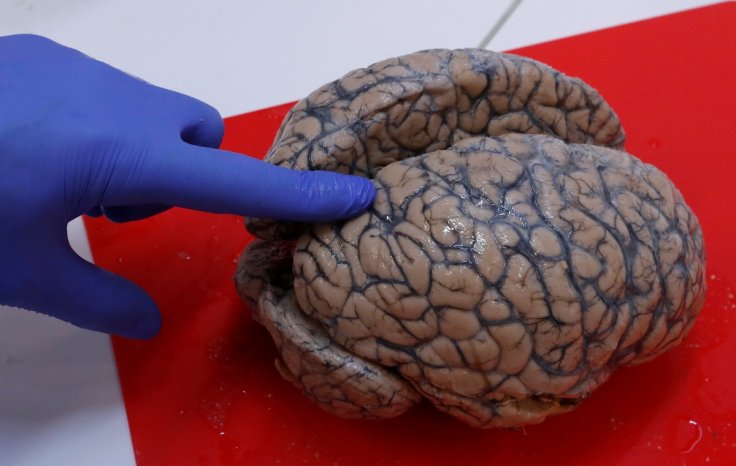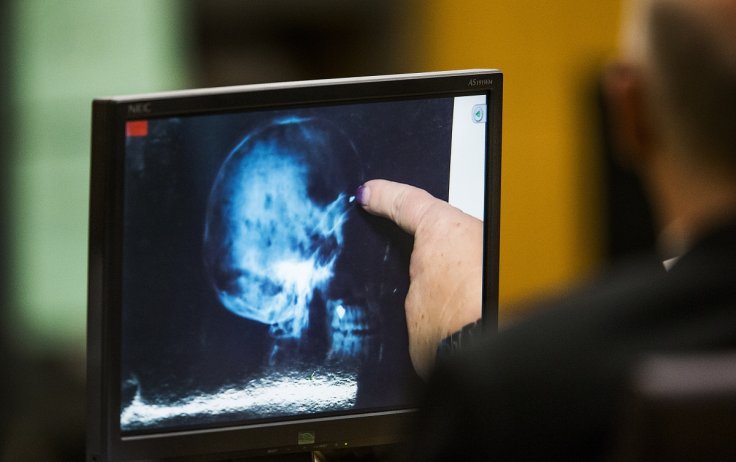A team of neuroscientists from Florey Institute of Neuroscience and Mental Health warned that the novel Coronavirus can increase a person's risk of developing Parkinson's disease, causing a 'silent wave' of neurodegenerative illness in the future.
While the cause of Parkinson's disease is still not clear, many scientists agree that this disease is the result of a number of genetic and environmental factors. One of the authors of the newly published study, Kevin Barnham has described the onset of Parkinson's as triggered by a "mosaic of events."
He and other researchers point to a growing number of reports showing that the Coronavirus, which causes COVID-19, is a neurotropic virus, meaning the virus has the ability to enter brain tissues. As per them, it suggests that the SARS-CoV-2 certainly has the capacity to serve as a pathogenic primer for increasing the risk of Parkinson's disease.

Coronavirus and Parkinson's Disease Connection
Barnham, who co-authored the new article published in the Journal of Parkinson's Disease, said that researchers are still trying to understand how the novel Coronavirus can get inside the human brain and invade into the central nervous system, but the fact that it is getting in there is clear. "Our best understanding is that the virus can cause insult to brain cells, with potential for neurodegeneration to follow on from there," he said.
The team of researchers also gave reference to the fall-out from the Spanish Flu or 1918 pandemic as evidence of the 'dual-hit hypothesis'—which suggests that an initial infection caused by a virus can first cause neuroinflammation, priming the human brain to overreact to a subsequent neurological event later in life. The scientists said that five years after the Spanish flu ended, the number of Parkinson's disease cases had tripled.
Barnham said, "We can take insight from the neurological consequences that followed the Spanish Flu" where the risk of developing Parkinson's disease increased two to three-fold. Given that the world population has been hit again by another pandemic, according to him "it is very worrying indeed to consider the potential global increase of neurological diseases that could unfold down the track."
However, the researchers also said that it will be too early to conclude that exactly how much infection by the novel Coronavirus could increase someone's risk of developing Parkinson's disease. As per them, it is very important to clear at this point in time that there is no evidence found to prove that novel Coronavirus can directly cause Parkinson's disease. But, the researchers have warned that Parkinson's disease rates could dramatically increase over the coming years, following on from the COVID-19 pandemic.
'It Is Not One, But Two Diseases'

Parkinson's disease is currently one of the fastest-growing neurological illnesses in the world, with cases doubling from three to six million over the past 20 years. Experts have calculated that the disease will affect more than 12 million people by 2040.
Researchers from Aarhus University have published their new findings of the disease in the journal Brain. One of the researchers, Professor Per Borghammer said that by using advanced scanning techniques, "we've shown that Parkinson's disease can be divided into two variants, which start in different places in the body."
As per the study, while for some patients, the disease starts in the intestines and spreads from there to the brain through neural connections, in other cases, it starts in the brain and spreads to the intestines and other organs such as the heart.
Barnham and colleagues said in their research that considering tens of millions of people around the world have already infected by the SARS-CoV-2 virus, just a mild increase in Parkinson's risk from the virus could lead to "serious ramifications for the health care systems of many countries". They also suggested that these future neurological risks should be weighed immediately by governments while crafting plans to manage the acute spread of novel Coronavirus.









